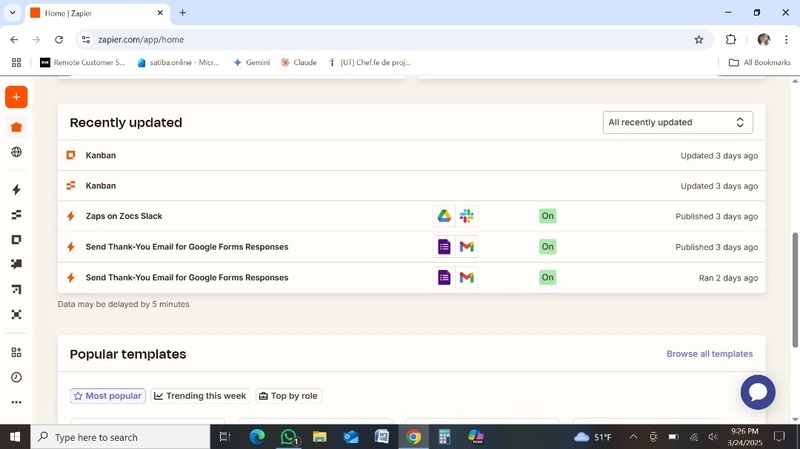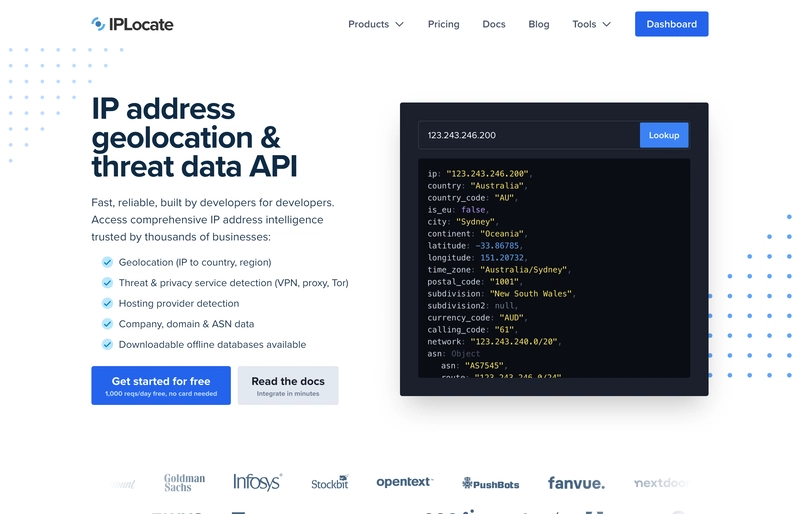Why Learning Cloud in 2025 Is the Smartest Career Move You Can Make
Could one skill shift you from replaceable to unstoppable? In today’s rapidly evolving chaotic job market, staying relevant isn’t just about keeping up. It’s about staying ahead. And right now, cloud skills are creating that critical edge. The tech landscape is shifting beneath our feet. Companies aren’t just adopting cloud technologies — they’re rebuilding their entire infrastructure around them. This isn’t just another tech trend. Cloud computing has fundamentally altered how businesses operate, scale, and innovate. From startups to Fortune 500 companies, the cloud has become essential infrastructure. The numbers tell a compelling story. The Cloud Services Market grew from USD 810.01 billion in 2024 to USD 1.00 trillion in 2025. It is expected to continue growing at a CAGR of 23.73%, reaching USD 2.90 trillion by 2030. What makes cloud skills particularly valuable isn’t just demand — it’s their versatility. Whether you’re in development, operations, security, or data analysis, cloud expertise amplifies your existing skills. Cloud knowledge creates career resilience. While many roles face automation risks, cloud specialists are increasingly valuable as organizations navigate complex migration and optimization challenges. The beauty of cloud skills is their transferability. These aren’t company-specific or niche technological skills. They translate across industries, creating unprecedented career mobility. The skills gap is real. Current industry surveys show that over 75% of organizations report a shortage of cloud expertise, with IT decision-makers citing skills gaps as a major obstacle to cloud initiatives. Entry points to cloud expertise are more accessible than ever. From AWS, Azure, and Google Cloud certifications to hands-on project experience, paths into cloud careers don’t necessarily require traditional computer science degrees. Cloud skills command premium compensation. Recent salary reports show cloud professionals earn approximately 15–25% more than their peers with comparable experience in traditional IT roles. Perhaps most importantly, cloud knowledge positions you at the intersection of business and technology. Those who understand cloud aren’t just technicians — they’re strategic assets who can drive transformation. The remote-work revolution has been powered by cloud technologies. Mastering these skills not only creates job security but also location independence — an increasingly valuable career benefit. For those concerned about AI replacing jobs, consider this: cloud infrastructure enables and supports AI deployment. Understanding how to architect, secure, and optimize these systems makes you essential to the AI revolution rather than replaced by it. The timing couldn’t be better. Major providers like AWS, Microsoft Azure, and Google Cloud continue to report double-digit growth rates, with industry analysts predicting sustained expansion through at least 2030. Companies are moving beyond basic cloud adoption to sophisticated multi-cloud strategies, with recent reports showing that nearly 90% of enterprises now have a multi-cloud strategy, creating demand for professionals who can navigate complex environments. Security concerns create additional opportunities. As organizations move sensitive workloads to the cloud, security expertise becomes invaluable, with cloud security architects commanding top-tier salaries in the tech sector. The cloud is also where innovation happens. From serverless computing to edge technologies, cloud platforms are where new paradigms emerge. Staying close to these developments keeps you at technology’s cutting edge. Industry-specific cloud knowledge creates an even stronger position. Understanding cloud implementation in healthcare, finance, or manufacturing adds a layer of specialization that’s difficult to replicate. Looking forward, the emergence of AI-powered cloud platforms represents the next frontier. Industry analysts project that by 2026, over 80% of enterprises will combine human expertise with AI-powered automation to maximize cloud value. The investment is reasonable. Compared to many career transitions, developing cloud expertise offers an exceptional return on investment, with certification paths that can be completed in months rather than years. The real question isn’t whether you should develop cloud skills — it’s whether you can afford not to. In a rapidly changing technological landscape, cloud expertise offers a path to not just relevance, but leadership. Your current skills aren’t obsolete — they’re waiting to be amplified. Cloud knowledge acts as a force multiplier for existing capabilities, turning solid professionals into invaluable assets. The future of work belongs to those who can bridge traditional roles with cloud capabilities. This intersection is where the most interesting problems, the most rewarding work, and the most stable careers will be found. The smartest career move in 2025 isn’t chasing the latest

Could one skill shift you from replaceable to unstoppable?
In today’s rapidly evolving chaotic job market, staying relevant isn’t just about keeping up. It’s about staying ahead. And right now, cloud skills are creating that critical edge.
The tech landscape is shifting beneath our feet. Companies aren’t just adopting cloud technologies — they’re rebuilding their entire infrastructure around them.
This isn’t just another tech trend. Cloud computing has fundamentally altered how businesses operate, scale, and innovate. From startups to Fortune 500 companies, the cloud has become essential infrastructure.
The numbers tell a compelling story. The Cloud Services Market grew from USD 810.01 billion in 2024 to USD 1.00 trillion in 2025. It is expected to continue growing at a CAGR of 23.73%, reaching USD 2.90 trillion by 2030.
What makes cloud skills particularly valuable isn’t just demand — it’s their versatility. Whether you’re in development, operations, security, or data analysis, cloud expertise amplifies your existing skills.
Cloud knowledge creates career resilience. While many roles face automation risks, cloud specialists are increasingly valuable as organizations navigate complex migration and optimization challenges.
The beauty of cloud skills is their transferability. These aren’t company-specific or niche technological skills. They translate across industries, creating unprecedented career mobility.
The skills gap is real. Current industry surveys show that over 75% of organizations report a shortage of cloud expertise, with IT decision-makers citing skills gaps as a major obstacle to cloud initiatives.
Entry points to cloud expertise are more accessible than ever. From AWS, Azure, and Google Cloud certifications to hands-on project experience, paths into cloud careers don’t necessarily require traditional computer science degrees.
Cloud skills command premium compensation. Recent salary reports show cloud professionals earn approximately 15–25% more than their peers with comparable experience in traditional IT roles.
Perhaps most importantly, cloud knowledge positions you at the intersection of business and technology. Those who understand cloud aren’t just technicians — they’re strategic assets who can drive transformation.
The remote-work revolution has been powered by cloud technologies. Mastering these skills not only creates job security but also location independence — an increasingly valuable career benefit.
For those concerned about AI replacing jobs, consider this: cloud infrastructure enables and supports AI deployment. Understanding how to architect, secure, and optimize these systems makes you essential to the AI revolution rather than replaced by it.
The timing couldn’t be better. Major providers like AWS, Microsoft Azure, and Google Cloud continue to report double-digit growth rates, with industry analysts predicting sustained expansion through at least 2030.
Companies are moving beyond basic cloud adoption to sophisticated multi-cloud strategies, with recent reports showing that nearly 90% of enterprises now have a multi-cloud strategy, creating demand for professionals who can navigate complex environments.
Security concerns create additional opportunities. As organizations move sensitive workloads to the cloud, security expertise becomes invaluable, with cloud security architects commanding top-tier salaries in the tech sector.
The cloud is also where innovation happens. From serverless computing to edge technologies, cloud platforms are where new paradigms emerge. Staying close to these developments keeps you at technology’s cutting edge.
Industry-specific cloud knowledge creates an even stronger position. Understanding cloud implementation in healthcare, finance, or manufacturing adds a layer of specialization that’s difficult to replicate.
Looking forward, the emergence of AI-powered cloud platforms represents the next frontier. Industry analysts project that by 2026, over 80% of enterprises will combine human expertise with AI-powered automation to maximize cloud value.
The investment is reasonable. Compared to many career transitions, developing cloud expertise offers an exceptional return on investment, with certification paths that can be completed in months rather than years.
The real question isn’t whether you should develop cloud skills — it’s whether you can afford not to. In a rapidly changing technological landscape, cloud expertise offers a path to not just relevance, but leadership.
Your current skills aren’t obsolete — they’re waiting to be amplified. Cloud knowledge acts as a force multiplier for existing capabilities, turning solid professionals into invaluable assets.
The future of work belongs to those who can bridge traditional roles with cloud capabilities. This intersection is where the most interesting problems, the most rewarding work, and the most stable careers will be found.
The smartest career move in 2025 isn’t chasing the latest fad or buzzword. It’s building a foundation in the technology that’s reshaping how business operates. It’s becoming cloud-fluent in a world that increasingly speaks that language.
The time to start is now. While others wait to see how things develop, those who invest in cloud skills today will find themselves positioned exactly where opportunity is greatest tomorrow.
Final Thoughts
The cloud revolution isn’t slowing down.
If anything, it’s accelerating as we move into the second half of the 2020s. What began as a cost-saving infrastructure choice has evolved into the foundation for business innovation.
Those who understand cloud technologies aren’t just participating in this transformation. They’re leading it, shaping how organizations operate in a digital-first world.
Your career trajectory is in your hands. The beauty of cloud skills is that they’re accessible to anyone willing to invest the time and energy to learn them. The barriers to entry have never been lower, while the potential rewards have never been higher.
Whether you’re a seasoned IT professional or someone considering a career change, cloud expertise offers a path forward that’s both practical and promising. It’s a rare combination of accessibility and opportunity.
The future belongs to the adaptable. In a world where change is the only constant, developing cloud skills isn’t just about learning specific technologies. It’s about embracing a mindset of continuous learning and evolution.
Those who thrive in tomorrow’s economy won’t be defined by what they already know, but by their capacity to learn what’s next. Cloud technologies offer not just immediate career benefits, but a foundation for ongoing growth.
Make your move with confidence. The data is clear, the trend lines are established, and the opportunity is real. Cloud skills represent not just a smart career move, but potentially a transformative one.
In a world of uncertainty, few career paths offer the clarity and potential that cloud technologies do. The question isn’t whether to develop these skills, but how quickly you can begin.














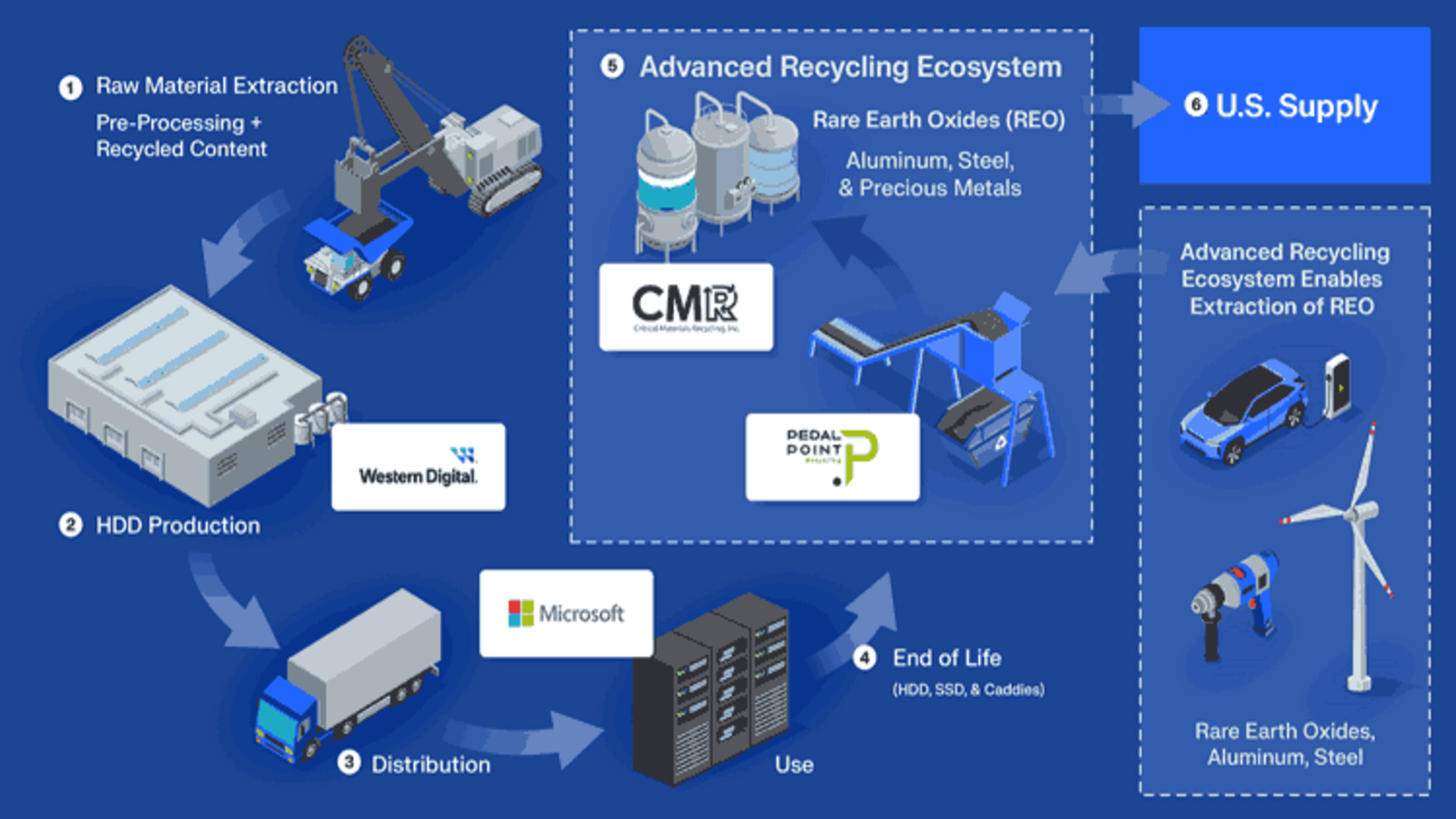
























































































































































![[The AI Show Episode 144]: ChatGPT’s New Memory, Shopify CEO’s Leaked “AI First” Memo, Google Cloud Next Releases, o3 and o4-mini Coming Soon & Llama 4’s Rocky Launch](https://www.marketingaiinstitute.com/hubfs/ep%20144%20cover.png)





















































































































































































































































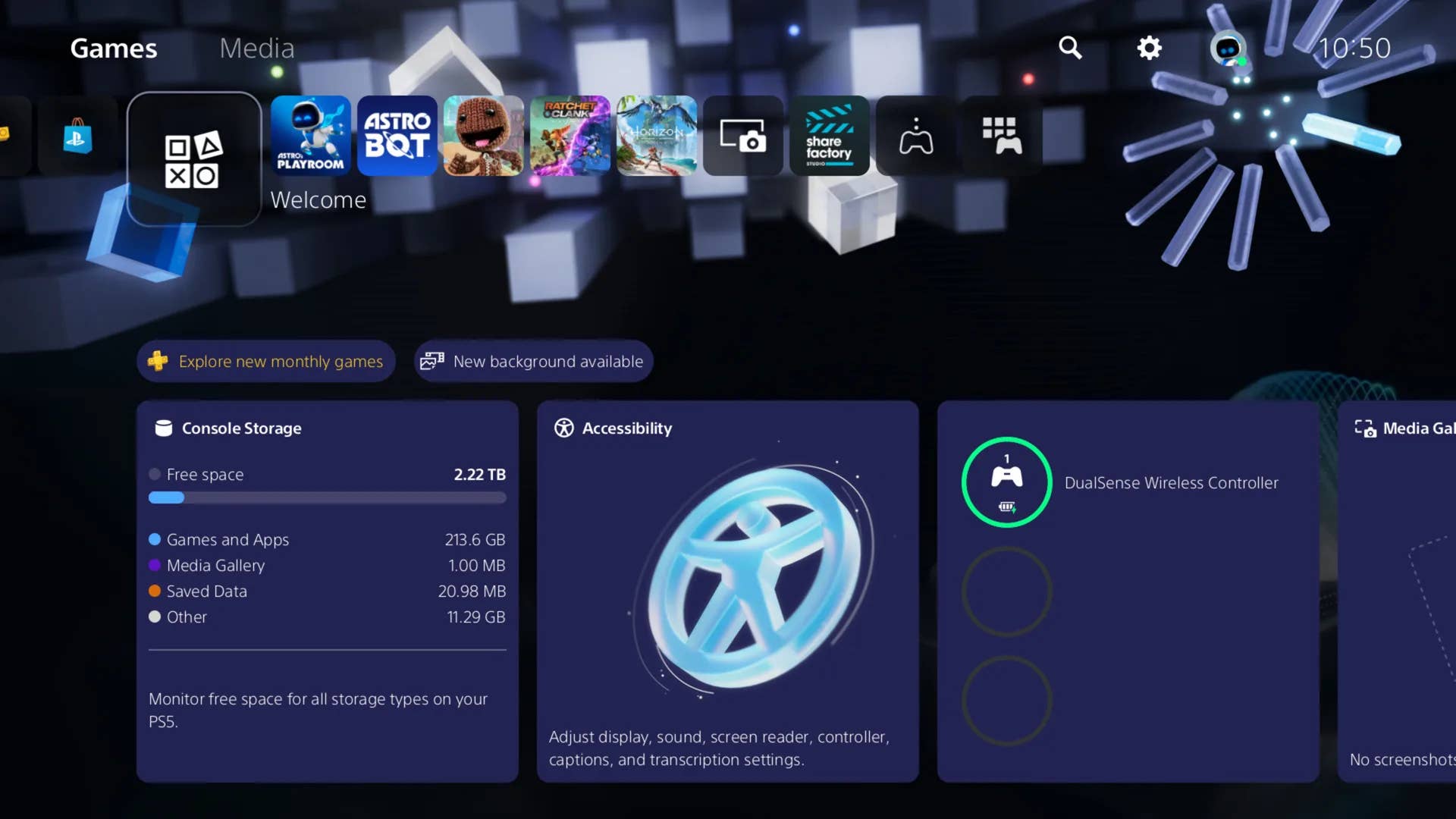
-Classic-Nintendo-GameCube-games-are-coming-to-Nintendo-Switch-2!-00-00-13.png?width=1920&height=1920&fit=bounds&quality=70&format=jpg&auto=webp#)

























_Olekcii_Mach_Alamy.jpg?width=1280&auto=webp&quality=80&disable=upscale#)
























































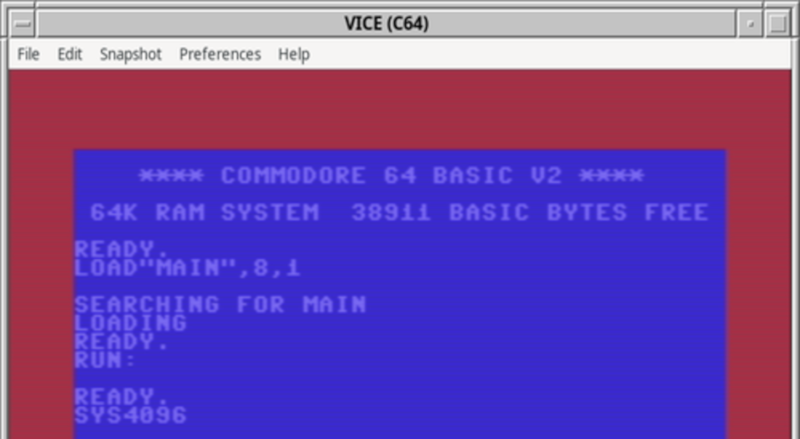




















































![M4 MacBook Air Drops to New All-Time Low of $912 [Deal]](https://www.iclarified.com/images/news/97108/97108/97108-640.jpg)
![New iPhone 17 Dummy Models Surface in Black and White [Images]](https://www.iclarified.com/images/news/97106/97106/97106-640.jpg)



































































































































